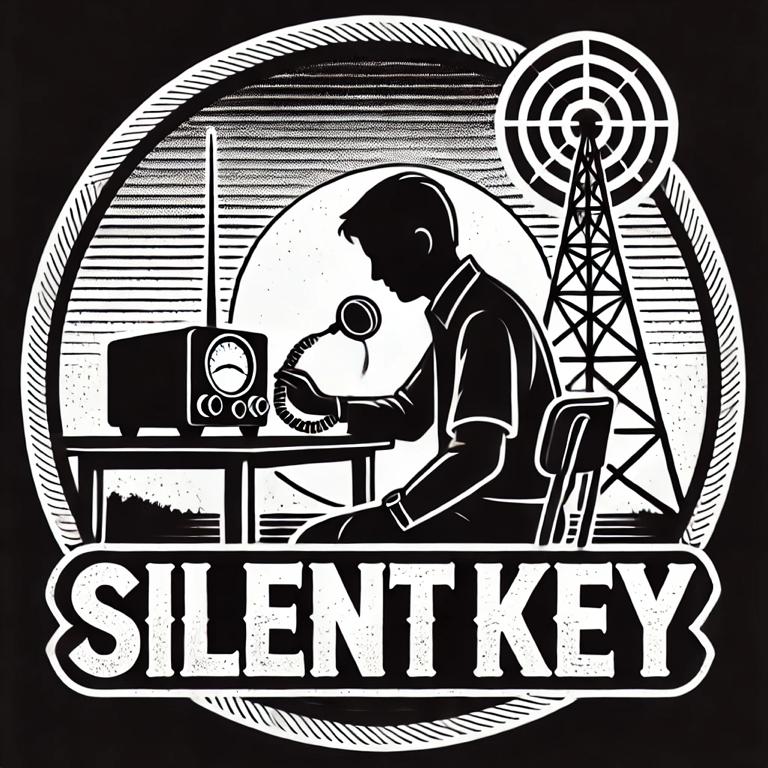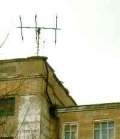 |
Alexandr I. Bespalchik Kazan Russia QCWA # 23966 |
Candidate of Science, Associate Professor of the Department of Radio Equipment Technology, Kazan Aviation Institute , master of sports in radio communication on short waves, Honorary radio operator of the USSR - Alexander Isaevich Bespalchik was born in Kiev in 1924. After leaving school in 1941, immediately after the start of the war, he was evacuated to the North Caucasus, and already at the beginning of 1942, as part of the 221st Separate Tank Regiment, he fought on the fronts of the Great Patriotic War. He began his combat path to the regiment as a scout motorcyclist, but his vocation was radio communication. Even before the war in 1937, Alexander Isaevich had already conducted radio communications at a collective radio station in Kiev, and knew the radio business firsthand. At the front, signalmen often turned to him for help. He managed to repair all the equipment that did not want to work. At that time, their headquarters radio station RBM, with its weak power, did not always provide reliable communication, and special attention had to be paid to the antenna system,and Alexander Isaevich knew the antennas ... When their regiment was transferred from near Tula to the Kalinin front, the antennas installed with the help of Bespalchik ensured reliable communication between the echelons. Later, from two captured radio stations, with his own hands, he assembled a radio station in terms of communication reliability, which was not inferior to a divisional radio station. From a charger for tank batteries, Alexander Isaevich designed a charger for his homemade regimental radio station. All this economy was placed on a lorry and, thus, the radio communication problems in the regiment were solved. Later, from two captured radio stations, with his own hands, he assembled a radio station in terms of communication reliability, which was not inferior to a divisional radio station. From a charger for tank batteries, Alexander Isaevich designed a charger for his homemade regimental radio station. All this economy was placed on a lorry and, thus, the radio communication problems in the regiment were solved.
Later, from two captured radio stations, with his own hands, he assembled a radio station in terms of communication reliability, which was not inferior to a divisional radio station. From a charger for tank batteries, Alexander Isaevich designed a charger for his homemade regimental radio station. All this economy was placed on a lorry and, thus, the radio communication problems in the regiment were solved.
Alexander Isaevich met the Victory Day in the Baltics. Soon their regiment was transferred to Vyborg. The regiment commander gave the assignment to establish reliable radio communication with Leningrad, as well as to sound the cinema installation. And here, as always, the experience and knowledge of Alexander Isaevich came in handy. In the neighboring unit, two captured non-working amplifiers were taken, and with the help of Bespalichik, the soldiers watched a movie with sound in a short time in the regiment and in the neighboring unit. For the successful completion of the command assignment, Alexander Isaevich, for the first time in all these years, received a short-term leave to return to his native place.
In 1945, Alexander Isaevich entered the Kiev Polytechnic Institute at the radio faculty, and in 1951 he graduated with honors. One of the first in the Soviet Union, he was awarded the badge "Honorary Radio Operator of the USSR". History of the radio club
In 1977 he developed and manufactured a fully transistorized transceiver "Kid" with a digital scale, which was an innovation at that time. On this transceiver, Alexander Isaevich works to this day with all permitted types of modulation. The second copy of such a transceiver made by him was used by UB5WAD, which operated from Guinea Bissau, which made more than 10 thousand radio communications under the call sign J5WAD in about a year and a half, and all this time (in tropical conditions!) The transceiver worked flawlessly.
The first in Kazan, Alexander Isaevich, developed a circuit and manufactured a monitor for receiving slow-scan television (SSTV) on radio amateur bands.
Bespalchik gave many years of fruitful work to the Kazan Aviation Institute. He gave many students a ticket to the air (including the author of these lines).
Now Alexander Isaevich Bespalchik is retired, but he is also devoted to the radio.
You can often hear the callsign of his radio station on the air - UA4RO .
